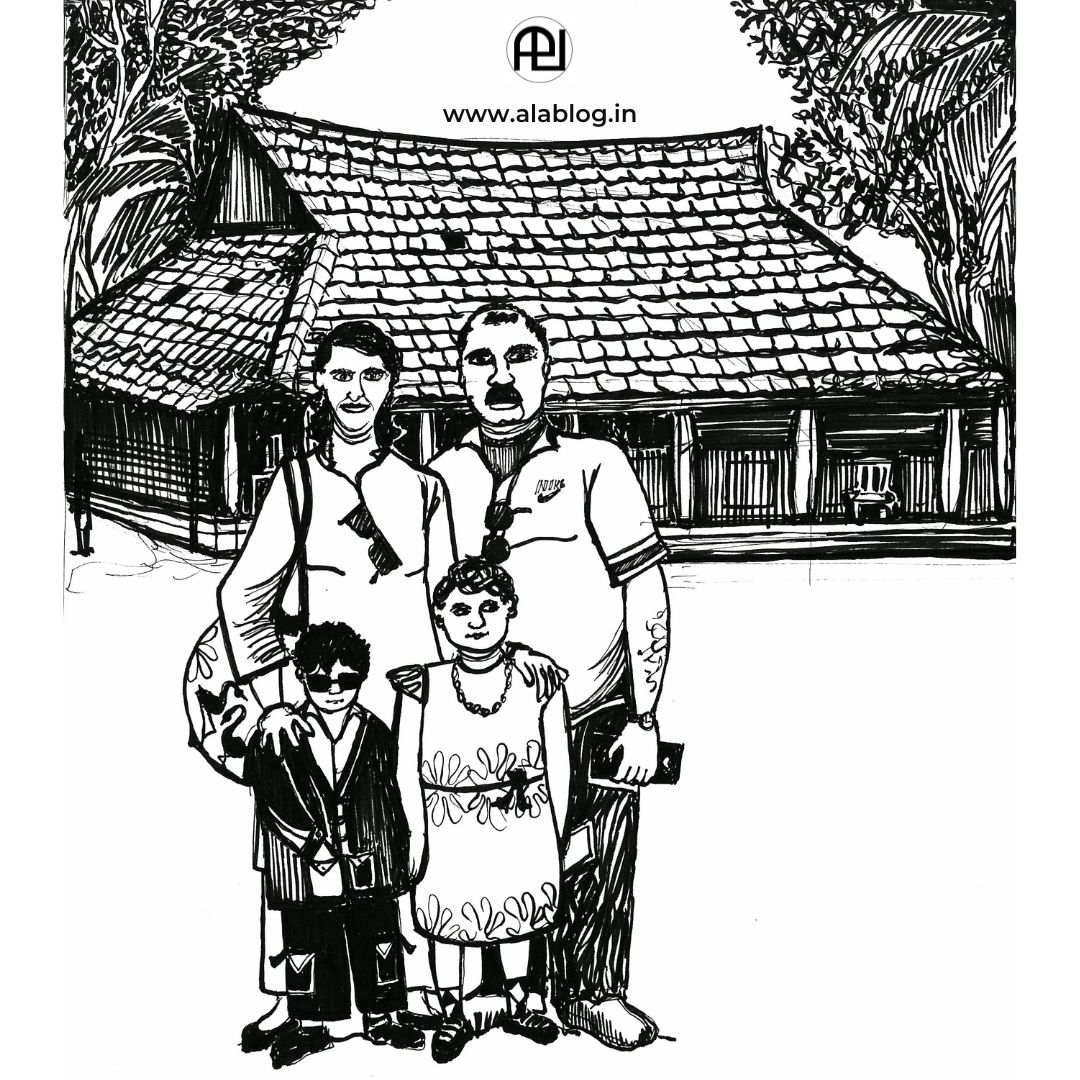In Season 2 of the Ala podcast, we hold a series of conversations with experts, academics, and activists on rethinking modernity in Kerala. In this episode, we begin this endeavour by focussing on texts that suggest that a strand of anti-caste literature can be traced back to at least the 14th century in Kerala.
Why then do we see ‘modernity’ as something that emerged only in the colonial era? What do the three medieval texts tell us about alternative strands of literature? Why do we mainstream some histories while marginalizing others? In this episode, we discuss these questions with Prof. T. T. Sreekumar.

This is the first episode in Season 2 of Ala’s podcast series, focusing on the idea of modernity and Kerala. View all episodes here.
We Discuss:
- 01:30 – Challenging the conventional traditional vs (colonial) modernity binary
- 04:00 – The curious absence of “shudra resistance” within mainstream history
- 06:00 – Why it is important to acknowledge the “delayed Aryanization” in South India
- 07:15 – Southern ballads and why they are unique; gender and caste narratives in ballads
- 10:20 – The three genres of Malayalam and why only one was mainstreamed
- 11:45 – What changes in the fourteenth century?
- 13:00 – Thirunizhalmala, a 13th-century poem on a ritual carried out by a tribal group to “purify” a deity
- 16:50 – Pachallur Pathikam, a Paraya woman’s harsh critique of caste
- 18:00 – Chengannuraathi, the Paraya hero
- 22:00 – Excerpts from the three texts
- 27:15 – Is there a thread that connects these medieval texts with art forms like thullal?
- 29:00 – Vaikuntha Swamikal’s anti-feudal anti-colonial struggles and the context of southern Kerala’s resistance to Aryanisation
- 31:30 – The creation of an “imagined community” in colonial Kerala
- 34:30 – Beyond colonial modernity
About the Guest: T.T. Sreekumar is a Professor and Head of the Department of Communication, at EFLU. His works span media, politics, modernity and literature, and he has published on these topics widely both in English and Malayalam.
Interview/Editing: S. Harikrishnan
Related Articles on Ala:
- Jenny Rowena delves into lesser-known facets of the temple entry movement to interrogate the Malayalee consensus about the movement as one which granted rights to oppressed lower castes and ushered in a renaissance period in Kerala.
- Pathitruppathu (പതിറ്റുപ്പത്ത്), a Sangam book dedicated to the Chera kingdom, has rich descriptions of the everyday life and practices of the times. What can it add to our existing knowledge of Kerala’s ancient history? Vaidehi Herbert writes.
- Deepthi Murali writes about a theft in 1821 Travancore, and what a neettu (നീട്ടു) tells us about the lives of ordinary people at the time.
- J. Devika reflects on notions of personal hygiene, cleanliness and clothing, using two excerpts from early-modern Kerala. The excerpts have been chosen and translated by S. Harikrishnan.

Thank you for this wonderful episode and all the best for the new series that I eagerly look forward to listen to.